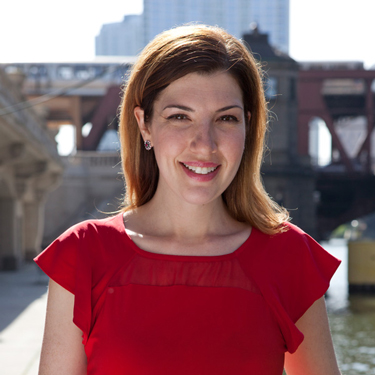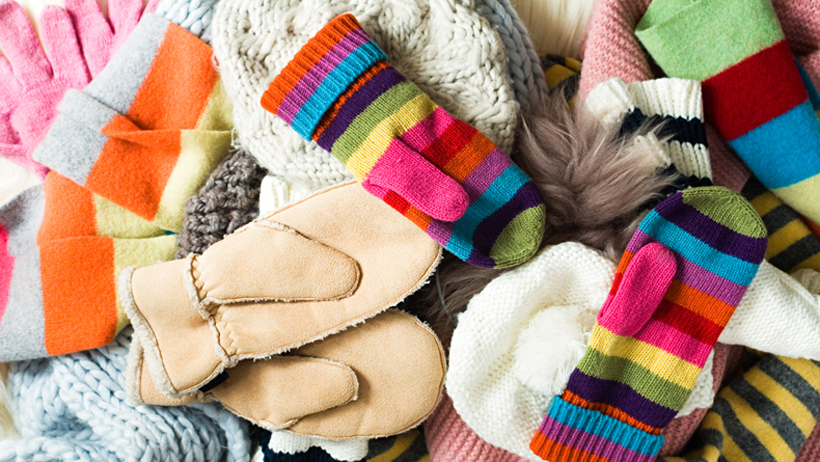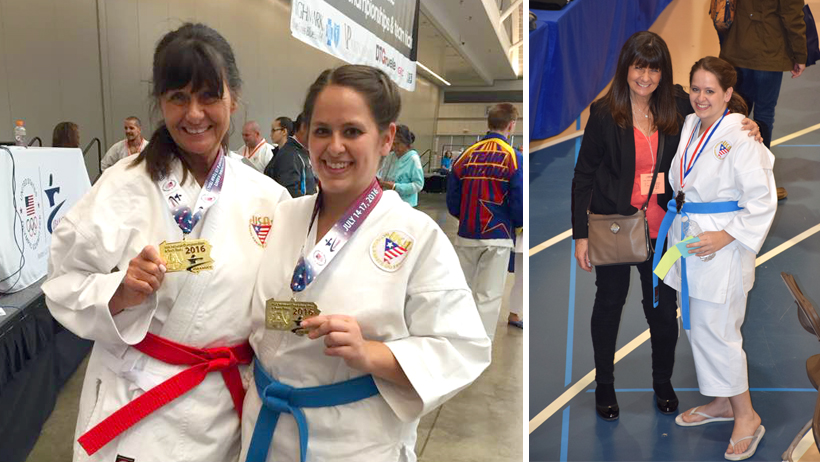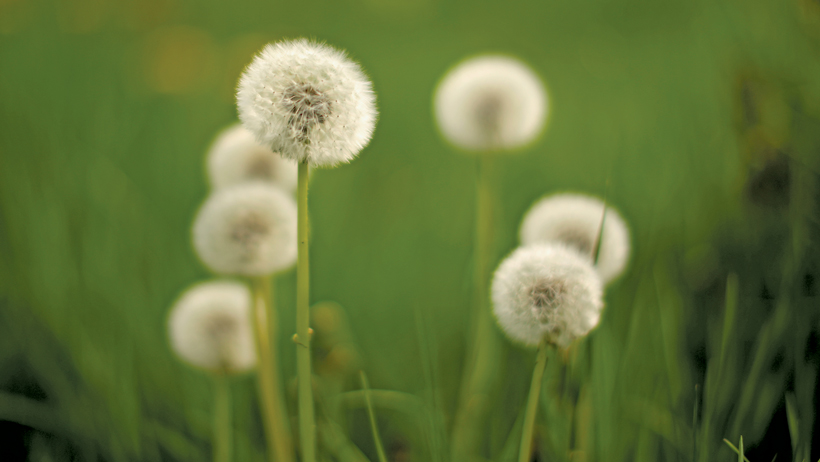On a bitter Chicago day many winters ago, *Nicki climbed off the school bus and gave me a big hug.
Nicki was my weekly after-school reading buddy, at the time a second grader who lived on the city's West Side. She wasn't wearing a hat or mittens even though the temperature outside hovered around zero. When I inquired why her hands and head were bare, she told me she didn't own any winter accessories.
So, before reuniting with Nicki the following week, I scoured the shelves of H&M for a stylish purple hat and matching mittens for my young friend.
When I presented the gifts to her, a crestfallen Nicki told me, "Thanks, but I can't wear them."
"What do you mean?" I asked, confused.
"My brothers will be jealous because they don't have any," she told me.
That story has always stayed with me. It was disturbing enough that Nicki didn't have her basic needs met, but her humanity -- the empathy she felt for her brothers -- touched me even more.
Jewish teachings command us to give to those less fortunate than ourselves. Biblical stories abound with examples of giving, such as during harvest time, when farmers were instructed to leave aside some of their crops for people without means to gather food for survival.
Today, we are still morally obligated to give tzedakah in other ways. Through initiatives like JUF's Chanukah Coat Club, and holiday gift drives organized through The ARK, EZRA, and Jewish Child & Family Services -- all JUF partners--- there are plenty of opportunities to give to less fortunate this holiday season. For the gift drives in particular, volunteer shoppers are matched with gift wish lists created by both children and adults. While some wish for big-ticket items like fancy dolls and tech gadgets, many ask for basics like books and pajamas for kids, and pots, pans, and comforters for adults.
Their wish lists put our own good fortune in perspective. We take for granted that our closets are filled with a selection of coats, hats, scarves, and gloves to face the harsh Chicago winter. We take for granted that our kitchen is stocked with fancy pots and pans to put dinner on the table for our families. And we take for granted that our children wear proper-fitting pjs as we tuck them in at night.
Jewish author and humorist A.J. Jacobs devised a creative way to stop taking the blessings in his life for granted. To that end, Jacobs -- featured in the November issue of JUF News -- embarked on a quest to thank the 1,000 people who had a hand in making one of his favorite daily rituals possible-his morning cup of coffee. He chronicles his journey in his new book titled Thanks A Thousand! in which he travels around the world thanking everyone who plays a role in making his coffee, from the farmers who grow the beans, to the truckers who do the schlepping, to the baristas who serve him at his local café every morning.
Gratitude lies at the heart of who we are as Jews. We're supposed to express thanks to God for waking up every day, for the bread we eat, for the danger we survive -- and so much more.
As Thanksgiving approaches, now is a great time to start practicing more gratitude. While most of us don't have the time or resources to take a world gratitude tour like Jacobs, we all can pay more attention to the blessings that surround us every day.
In his book, Jacobs notes that humans are programmed to focus on the handful of things that go wrong each day, instead of the hundreds that go right. But with a little practice, he says, we can shift our mindset to stay more attuned to the positive. So, what went right for you today?
*Name changed to protect privacy.










.jpg)



